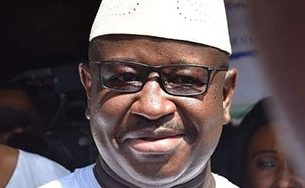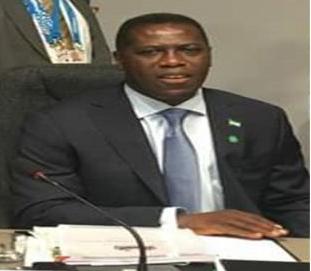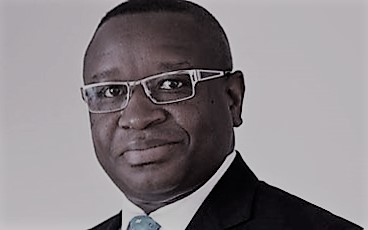EU EOM Sierra Leone 2012 Presidential, Parliamentary and Local Council Elections
PEACEFUL AND WELL-CONDUCTED ELECTIONS REPRESENT AN IMPORTANT STEP TOWARDS CONSOLIDATION OF DEMOCRACY, DESPITE UNEQUAL PLAYING FIELD
The 17 November presidential, parliamentary and local council elections have so far been generally well-conducted, in a peaceful environment, with a high level of participation. Nevertheless an unequal playing field for contestants was evident throughout the campaign period. These are the main conclusions of the European Union Election Observation Mission (EU EOM) after almost two months of work in Sierra Leone.
The 100-strong observer team representing 27 European countries, which began work in September, concludes that the elections were conducive to democratic consolidation in the country, but that security remains a key challenge as election results become known.
“I would like to congratulate the citizens of Sierra Leone, who on election day came out in large numbers to vote in a largely peaceful atmosphere, demonstrating their enthusiasm for this process and their commitment to democracy” said the Chief Observer of the European Union Election Observation Mission (EU EOM), Mr Richard Howitt. “My hope is that the level of transparency and integrity of the elections can be maintained, so there is full confidence in and peaceful acceptance of the outcome”, Howitt said.
According to EU EOM Chief Observer, “this is an important moment in the history of the country as many of its people tell us they want to “move on”. The fact the elections have been Sierra Leonean-led and the outstanding contribution made by civil society through the National Election Watch domestic observers are themselves positive signs towards the consolidation of democracy. However further progress lies not simply in meeting the challenges of successful completion of the electoral process, but in the will of national institutions to address existing shortcomings,” added Richard Howitt.
Election day took place in a calm and orderly manner throughout the country. EU observers noted that voting procedures were largely followed by polling staff, although a significant number of polling stations did not open on time. The presence of party agents and domestic observers in the vast majority of polling stations visited contributed to transparency and confidence in the voting and counting processes. Initial reports of the tallying process suggest that the integrity of the count is being sufficiently protected so far.
Mrs Mariya Gabriel, head of a delegation of members of the European Parliament which joined the EU EOM three days before elections, said that “the European Parliament delegation was impressed by the active involvement of young people in the electoral process. At the same time, female participation in public life, especially in positions of leadership, remains a challenge for the country”.
The EU EOM’s report goes on to conclude that the National Electoral Commission (NEC) has, so far, acted independently and impartially. The introduction of biometric voter registration is seen as a notable achievement and technical electoral preparations are described as having been successfully completed in a timely manner. Nevertheless, the decentralised regional and district tally procedures were published extremely late by the NEC, who also failed to provide timely and adequate voter education required for informed voter choice.
An unequal playing field was evident throughout the campaign period, according to the assessment. Although the ruling APC and the main opposition SLPP dominated the political arena, APC clearly benefited from the advantages of incumbency by making use of state resources and enjoyed more media coverage. The public broadcaster Sierra Leone Broadcasting Corporation (SLBC) gave access to political parties and candidates through free-airtime programmes. Nevertheless, in key areas like news bulletins and election related programmes SLBC showed biased coverage in favour of the ruling party.
The legal framework provides an acceptable basis for the conduct of democratic elections which is in line with regional and international principles subscribed to by Sierra Leone. However, some deficiencies still remain, namely in the protection and promotion of full participation in the electoral process. The EU EOM regrets that, despite the public commitment made by all political parties to enhance female participation, the percentage of women nominated to contest parliamentary elections remained at 11 per cent, the same as in 2007.
The EU EOM is at present observing the counting and tallying of results and will remain in the country to follow any complaints or appeals that may arise. The mission will issue its final assessment and conclusions within two months of the completion of the entire electoral process, including recommendations for future elections.
Click here to read EU EOM Preliminary Statement
EU EOM Sierra Leone
Stay with Sierra Express Media, for your trusted place in news!
© 2012, https:. All rights reserved.






